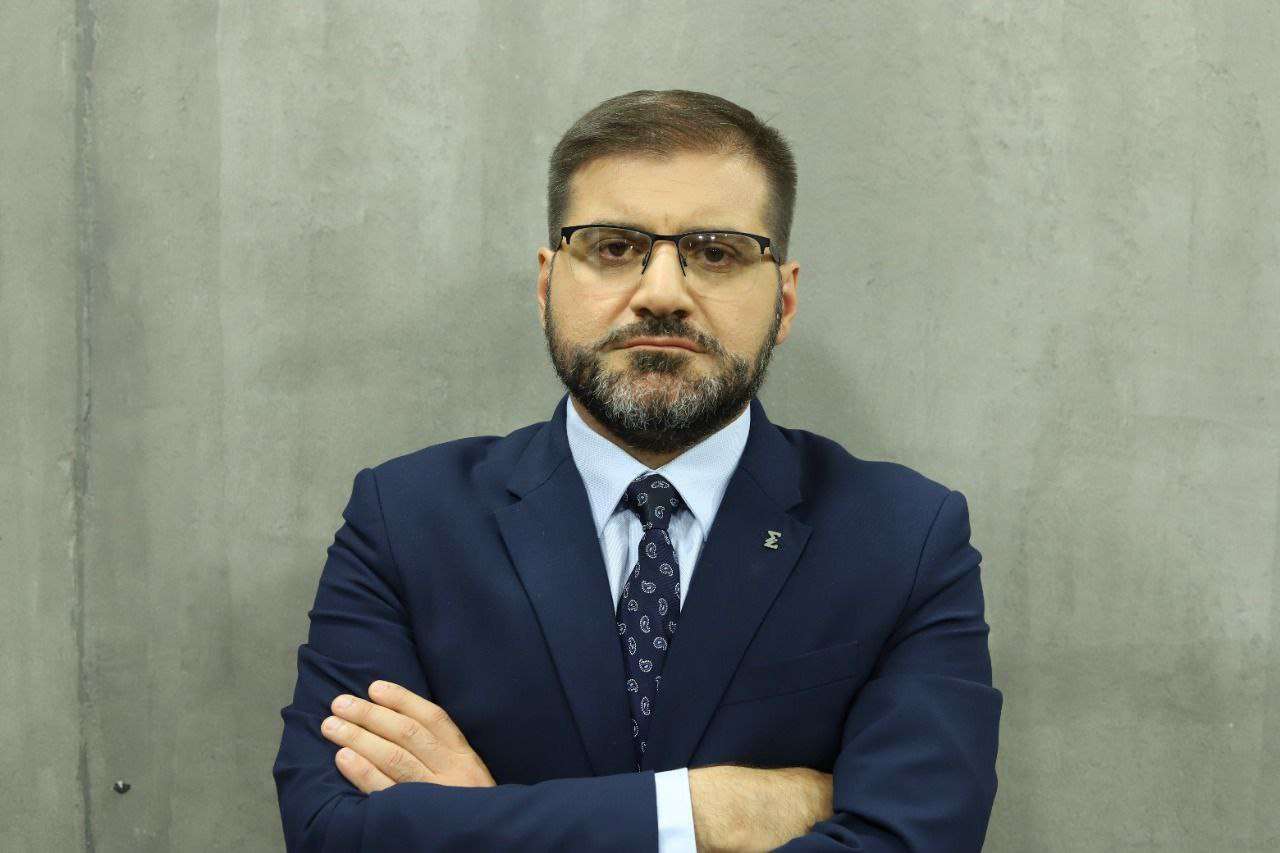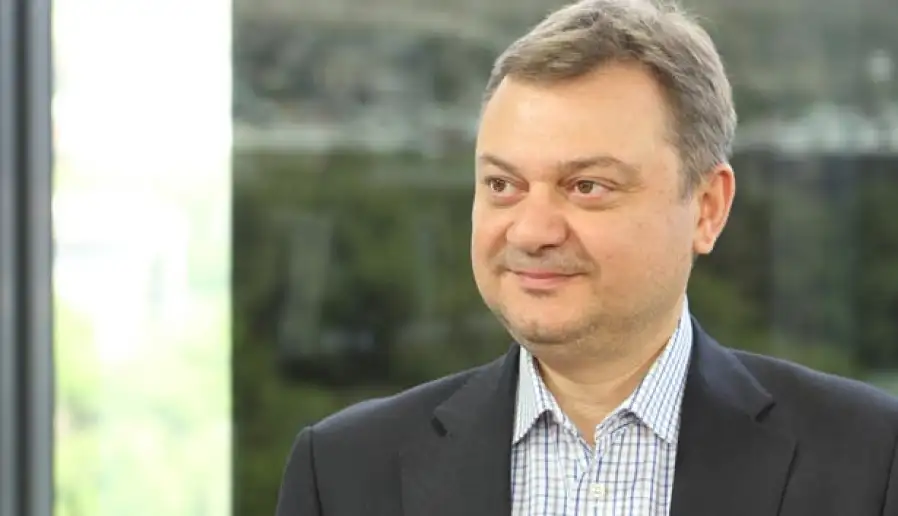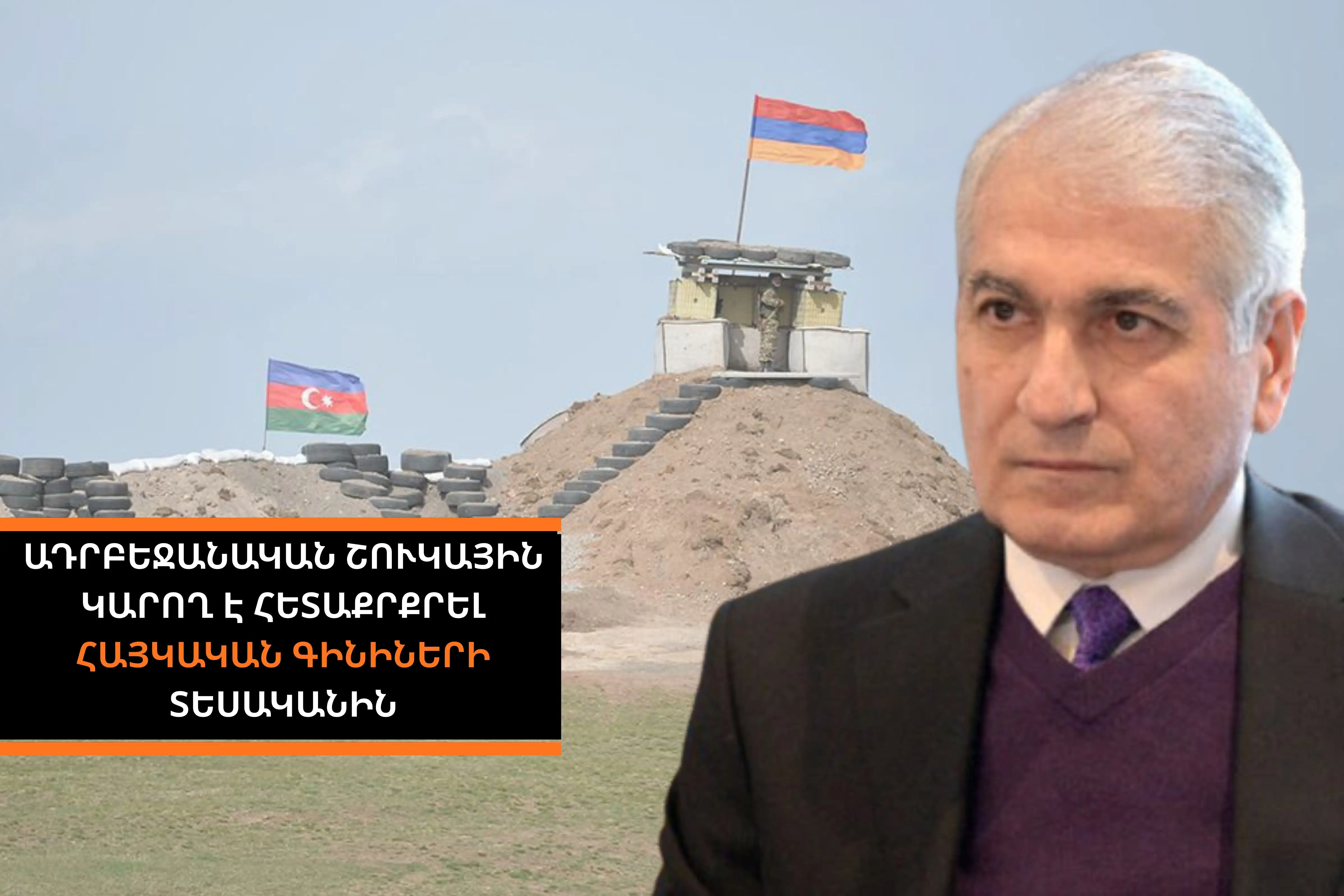Arman Babajanyan, the chairman of the "For the Republic" party, wrote on his Facebook page:
Two seemingly distinct but deeply interconnected events that have occurred in Russia over the past few weeks warrant a thorough and principled political analysis. They demonstrate not only the differences in perceptions of national security but also the varying levels of state and public dignity.
On June 27, several Azerbaijani citizens were killed, and several others were seriously injured in a large-scale operation carried out by Russian special services in Yekaterinburg. The incident occurred within the framework of operations carried out in connection with a murder case from 20 years ago. The Azerbaijani Foreign Ministry issued a harsh response within a few hours, declaring that "unacceptable violence" had occurred. The Russian ambassador to Baku was urgently summoned to explain.
In an official statement, the Azerbaijani Foreign Ministry stressed that their compatriots were killed and demanded a thorough investigation, accountability of the perpetrators, and clear steps to prevent the recurrence of such incidents. In parallel, the visit of Deputy Prime Minister Overchuk to Baku was canceled.
This complex of events had at least two clear objectives: first, to demonstrate that the Azerbaijani state system protects its citizens regardless of their location outside the country, and second, to exert pressure on the Russian political and law enforcement systems to prevent the situation from escalating uncontrollably.
A month ago, on May 4, a more serious and criminal, organized, and racist incident occurred in the city of Vsevolozhsk, Leningrad Region, Russia. Members of the neo-Nazi group "Russian Community" broke into an apartment where two citizens of Armenia lived. People acting under the guise of self-proclaimed police officers broke down the door, used gas and electric shock devices, and assaulted a 37-year-old man, after which they set fire to the apartment. The man died. The 24-year-old girl was taken to the hospital with serious injuries. After the attack, people wearing the emblem of the "Russian Community" were found in the area, which proves that we are dealing with an organized and premeditated murder motivated by national characteristics.
However, unlike Azerbaijan, the official bodies of the Republic of Armenia did not make any public or substantive response. The Ministry of Foreign Affairs not only failed to contact the Russian authorities but also did not publish a message of condolences. Days after the incident, Russian Foreign Minister Sergey Lavrov and Federation Council Speaker Valentina Matvienko visited Armenia. There was no mention of this grave crime in any meeting, public speech, or press release. The President of the Republic of Armenia, the Prime Minister, the Foreign Minister, and the embassy maintained an unacceptable and politically dangerous silence.
The Armenian community structures of Russia, including the Union of Armenians of Russia, which allegedly should have been the first to respond to the organized attack on the community, also remained silent.
The Armenian Apostolic Church, through the Diocese of Russia and New Nakhichevan, did not utter any prayers, assessments, or condolences, unlike the cases when it makes public statements of an internal political nature in Armenia.
Comparing the two events is unacceptable not only from the perspective of state behavior but also from the perspective of national self-awareness. Azerbaijan's response was swift, abrupt, and systematic, including a state-level demand, a summons of the ambassador, a cancellation of an official visit, and clear accusatory language. Armenia's response was one of silence, marked by a lack of official response, shameful indifference within the community, and even high-level acceptance by Russian officials, all without any mention of the crime that had occurred.
All of this is not only a matter of Armenia's sovereignty but also of the state's value system. If the state does not protect its citizens outside the country's borders, it deprives itself of the meaning of being a state. If the Church does not respond to violence directed against its community, its moral mandate is undermined. If the community is silent, the criminal feels justified.
Armenia must immediately demand from the Russian Federation:
• a complete and transparent criminal investigation,
• clarification of the political and racist motives of the crime,
• bringing the perpetrators to justice,
• and the provision of state guarantees to ensure the security of the Armenian community on the territory of Russia.
To formulate and advance these demands, it is necessary not only to awaken the state machine but also to full public pressure here in Armenia and in Russia.
Silence threatens to become consent. And consent is complicity. There is no state beyond that.


















